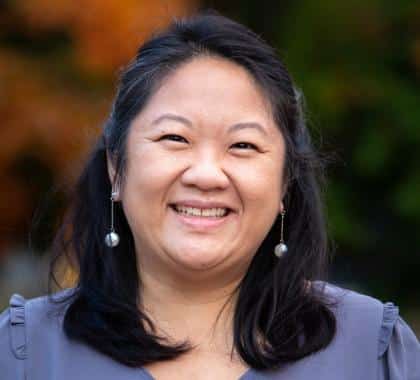Next Monday and Tuesday, we will host our fall parent-teacher conferences. Every parent/guardian will have the opportunity to meet with their child’s teachers to set goals for the year, discuss their child’s progress, and ask questions. Having had the opportunity to participate in these meetings both as a parent and a teacher, I offer some practical tips to ensure meaningful and productive conferences throughout your child’s education.
- Plan ahead. Conferences are short, usually averaging 25 minutes. Write down a list of questions or thoughts that you would like to share with your child’s teacher beforehand to maximize your time together. Also, ask your child if there are any issues or wonders that they would like to share with their teachers.
- Keep track of time. Teachers often have back-to-back conferences scheduled. If you notice that time is almost up but have not gotten through all of your questions or topics, stop and make a plan to schedule a follow-up conference.
- Give yourself ample time between conferences. If you have more than one child in the school, although it might seem convenient to schedule back-to-back conferences, it is less stressful to include some buffer time. Allowing time in between conferences makes it less likely that you will have to end one conference prematurely or that you will be late to a subsequent meeting.
- Speak up, part 1. Teachers may use educational terms or mention curricula that are second nature to them but are unfamiliar to you. My husband, who is not an educator, has asked me questions such as “What is a CVC word?” after a conference for one of our children. Please do not hesitate to pause the teacher and ask for clarification. It will make it much easier to follow along if you understand exactly what is being discussed.
- Speak up, part 2. While the conferences at the beginning of the year were listening conferences, the fall and spring conferences are meant to be a dialogue between parents and teachers. Take the time to not only listen and get feedback from your child’s teacher, but share your own questions, ideas, and observations. Your child’s teacher will appreciate hearing how your child is at home, and it will be useful for you to find out what the teacher notices at school.
- Connect home and school. Explain what you are doing at home to further and supplement your child’s school experience. Similarly, ask your child’s teacher for ways that you can help your child achieve their goals at home based on the feedback you receive.
- Assume good intentions. This may be an obvious tip, but it is key in every conference—assume that your child’s teachers have the mutual goal of ensuring the success of your child. Most likely, you will hear positive feedback about your child’s progress, as well as learn about areas for growth and improvement. Be prepared by thinking about your child’s strengths and challenges beforehand. Also, remember that what you observe at home can vary from your child’s performance at school because the setting is different—a classroom of 15 students is not the same as the intimate 1:1 experience that your child has at home.
- Debrief and follow up. After the conference is over, talk about the information you heard with other family members or people who know your child well. In some cases, it may even make sense to discuss with your child what was brought up at the meeting. If there are topics that you would like to further pursue or revisit in the future, or if new questions or thoughts arise after your conference, please contact your child’s teacher and schedule a date and time to follow up.
We hope your parent-teacher conferences are fruitful and that they build on a positive home-school partnership for the school year!





